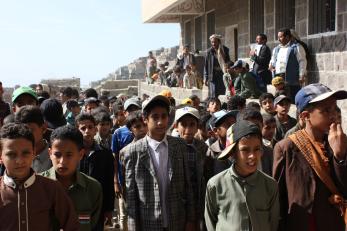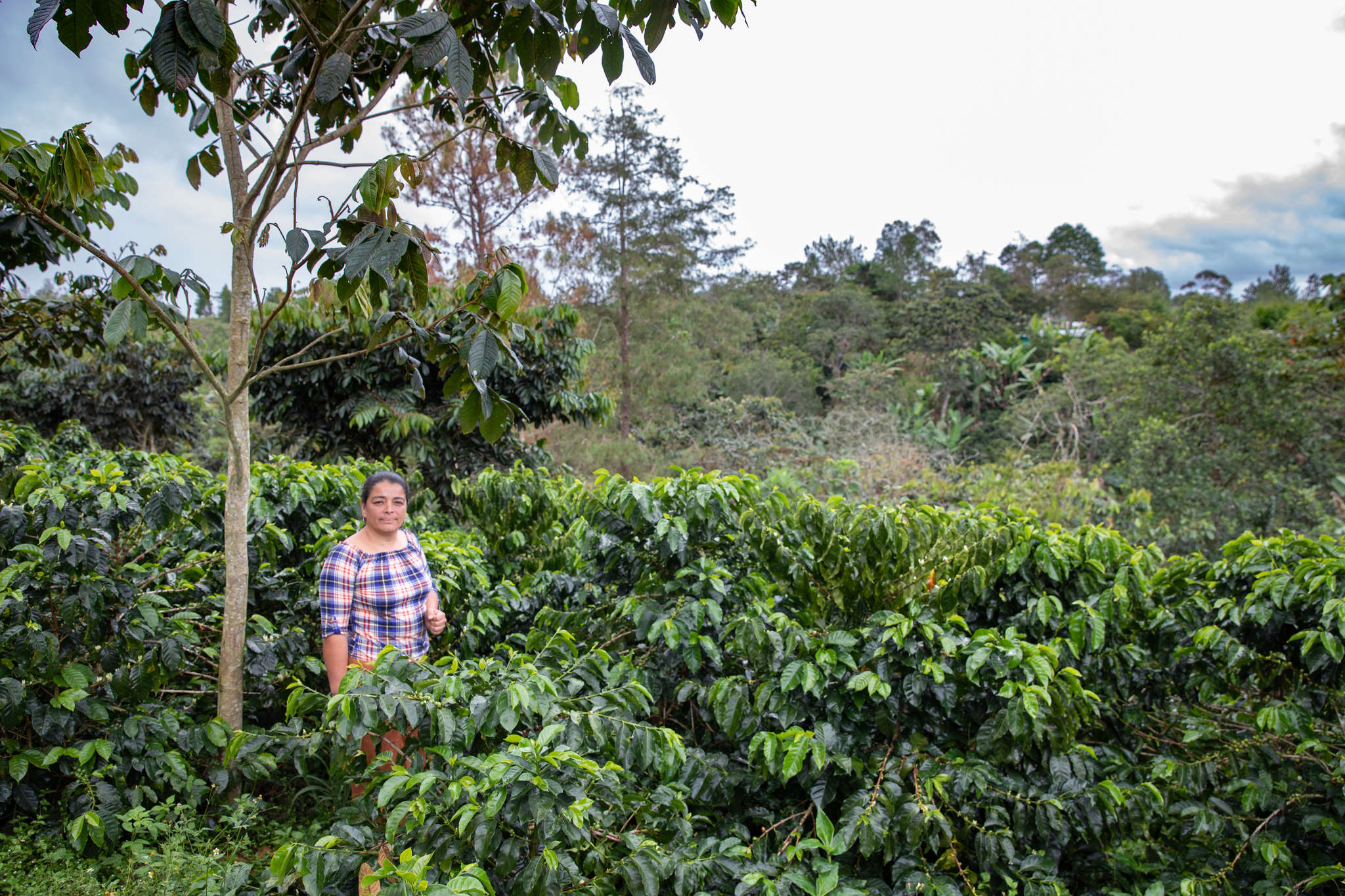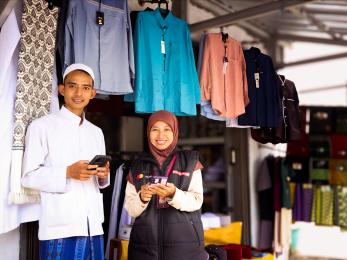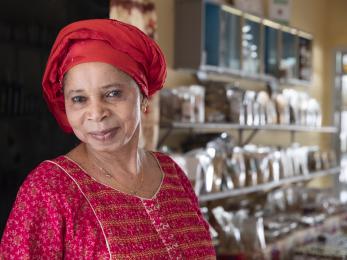Engaging youth for a peaceful and productive future

Mercy Corps opened offices in Yemen in October 2010 to work with local partners to implement a United States Agency for International Development (USAID) program that engages young people in constructive community activities — thereby reducing their vulnerability to the negative influence of violent groups. Our offices in Sana’a and Aden support the work of our staff and local partners in the south of Yemen.
Yemen suffers from a lagging economy, governance challenges, changes in traditional decision-making processes and a rapidly growing population that strains the country’s economy and its ability to provide basic services.
In the coming years, pressure on the government to improve the economy and services will only grow. Yemen is a young country, with three-fourths of the population under age 25 and a quarter of the population between the ages of 15 to 25.
Compared to previous generations who were able to migrate to Saudi Arabia or other countries for work, today’s young Yemenis have fewer economic opportunities. Without jobs or a way to provide for their families, young people are increasingly at risk of radicalization. A recent study on youth and security in south Yemen found higher rates of radicalism in poorer rural areas.
Mercy Corps believes if young people are more constructively engaged within their communities, they will be less vulnerable to the negative influence of violent groups. We aim to address the drivers of instability through:
- Community reconciliation and mutual understanding among youth, local government and communities,
- Increased social status of youth as a result of community service, and
- The development of positive role models who will counteract negative messages, link young people to economic opportunities and help young people find a sense of purpose.
Our Engaging Youth for Stability in Yemen (EYSY), is helping young people aged 15 to 25 form positive social connections and overcome generational and community divisions. Activities for youth include a combination of conflict management, consensus building and leadership training; community-government-youth dialogues; community service projects; internships and apprenticeships; and entrepreneurial and business plan development.
The EYSY program leverages Mercy Corps, USAID, and global best practices for increasing stability through the positive engagement of young people. We're encouraging youth leadership and ownership through teaching young people that they have the ability to change their environments. In addition, we will work to help young people develop supportive social networks with other youth, community groups and local government.
Our goal is to integrate Yemeni youth more fully into their communities and counteract the negative factors that pull them into violent groups.
Our program activities in Yemen include:
- Increasing employment opportunities for youth through on-the-job apprenticeships, local business mentors and microfinance support for their business plans
- Improving youth access to and delivery of services by developing their leadership, civic engagement and life skills
- Improving the ability of local governments to provide basic services that meet the needs of young people
- Strengthening the ability of community institutions to engage young people in governance, dialogue and community service, understand youth issues and develop locally driven solutions to them.
Since the late 1990s, Mercy Corps has implemented almost 100 peace-building programs in more than 30 war-torn countries. Mercy Corps’ conflict mitigation portfolio in the Middle East includes programs in Iraq, West Bank/Gaza and Lebanon. Since 2003, Mercy Corps’ Middle East programs have improved the lives of beneficiaries through activities funded by USAID, the European Commission, the United Nations, the Office of US Foreign Disaster Assistance and others.
Our Middle East programs develop the capacity of community members, government officials, tribal leaders and young people to peacefully engage with one another and their communities. We also provide youth with opportunities to increase their job, life and leadership skills and build their sense of community.


